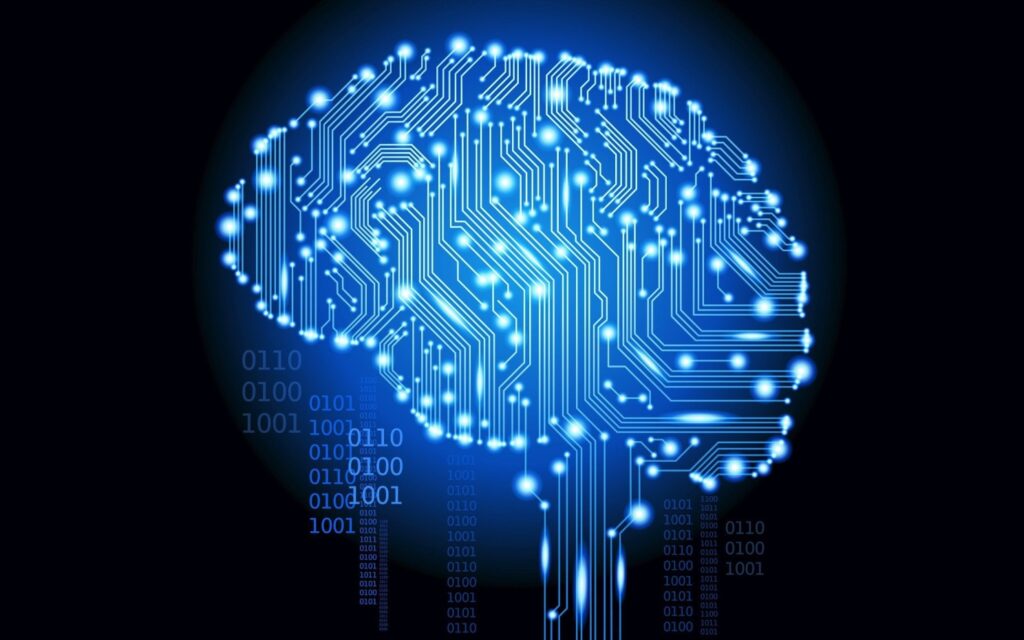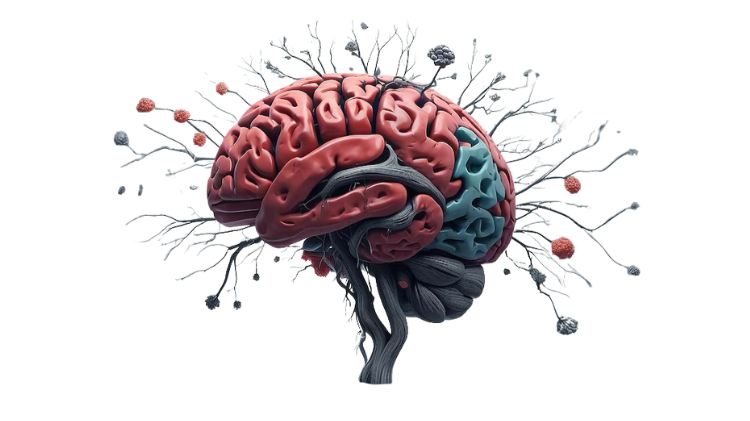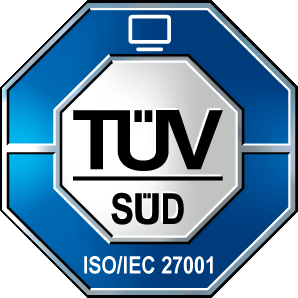Artificial Intelligence has advanced medical diagnosis, facilitating accelerated and enhanced accuracy in disease identification and characterization. The application of AI has significantly helped the field of neurology to simplify the complexities associated with many neurological disorders. AI mirrors human cognitive capabilities in machines which helps them learn even from very complex data.
In neurology, AI applications analyze extensive datasets, encompassing brain imaging, genetic profiles, and clinical histories. This capability allows for more accurate and timely diagnosis of neurological conditions, leading to improved patient outcomes.

Here are some roles of AI in detecting neurological disorders:
Predictive Analytics
AI models can predict disease progression in conditions such as AD, PD, and MS. Through longitudinal data analysis, AI helps early detection of disease progression indicators and enables customized to an individual’s needs and preferences.
Early Diagnosis
AI algorithms have the ability to analyze complex datasets easily. This helps to even identify certain patterns which results in early diagnosis and timely support and care for many neurological disorders.
AI in Medical imaging
AI helps analyze medical images such as X-rays, CT scans, MRIs, and mammograms to detect abnormalities and help radiologists identify conditions such as tumors, fractures, or abnormalities in organs. These analyses will be more accurate and efficient and will be able to provide a clear insight to the medical practitioner.
Monitoring Disease Progression
AI-powered devices can be used to continuously monitor patients. The data in the devices helps to track disease progression and treatment effectiveness. Some wearable AI devices provide a means for real-time data collection which provides more efficient patient care.
Research and Drug Development
AI helps accelerate any research process as it can read through very large amounts of scientific literature and experimental data in the least amount of time without compromising accuracy and can identify potential biomarkers and therapeutic targets for research and drug development. This helps accelerate the discovery of new treatments for many neurological disorders.

Collaboration between AI and Healthcare Professionals
The most effective approach involves collaboration between AI systems and healthcare professionals, where AI acts as a complementary tool and aids in diagnosis and decision-making. Healthcare providers should be aware of the advances in artificial intelligence and work closely with technology to optimize patient care.
Challenges
The integration of AI in healthcare faces many challenges including data privacy, algorithmic bias, and ethical concerns. Thus responsible and ethical deployment of AI in neurological diagnostics is very important for increasing patient confidence and reducing risks.
Data Quality and Bias: The accuracy of all models depends on the quality and variety of data used for training. Data biases can maintain predictive inaccuracies and exacerbate disparities in diagnostic results, compromising the reliability and fairness of AI-driven diagnostics.
Interpretability: Uncovering the complexities of AI-driven diagnostics requires models that provide clear insight into their decision-making processes, building trust and understanding among healthcare professionals.
Regulatory Approval: Ensuring that AI-based diagnostic tools meet regulatory standards is critical to widespread adoption and acceptance within the medical community









